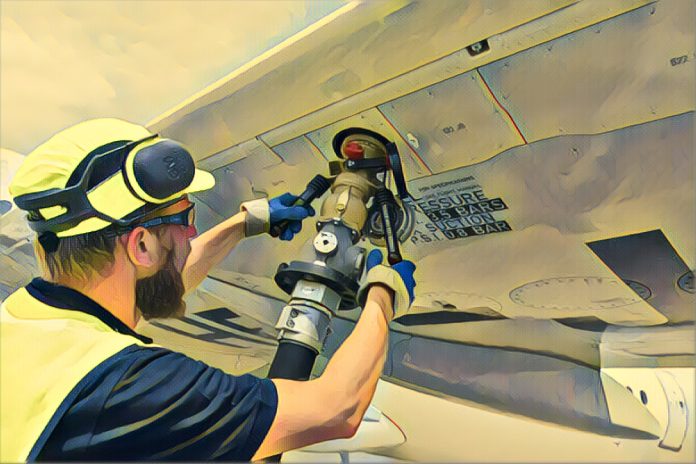Airlines in Nigeria are facing a dire situation as the cost of aviation fuel skyrockets to over N1,300 per litre, prompting concerns about the viability of operations and the survival of the industry. The Airline Operators of Nigeria (AON) have sounded the alarm, highlighting the urgent need for government intervention to prevent the collapse of numerous airlines.
In a statement released on Friday, Obiora Okonkwo, the spokesman of the Airline Operators of Nigeria, expressed deep concern over the escalating costs of operations, driven by the surge in aviation fuel prices. Okonkwo emphasized the critical need for immediate government action to avert a crisis within the aviation sector.
According to Okonkwo, the unforeseen increase in aviation fuel prices, soaring from N700 per litre, coupled with the rise in the exchange rate to N1400/$1, has inflicted significant losses on airlines. The fluctuation in forex rates and the exorbitant cost of aviation fuel have disrupted operational planning and stability, posing a grave threat to the financial viability of airlines.
The impact of these escalating costs extends beyond operational challenges, affecting passengers as well. Passengers who had purchased tickets in advance are now being airlifted at higher costs, exacerbating the financial strain on airlines and further diminishing their revenue streams.
“We are making losses on factors that are beyond our control. We are not only faced with the problem of scarcity of dollars; even the aviation ecosystem is feeling the heat,” Okonkwo stated. He highlighted the ripple effects of increased costs across the aviation ecosystem, including handling companies, airports, and service providers, all of which contribute to the financial burden borne by airlines.
Moreover, the downturn in the economy has led to decreased demand for air travel, with businesses experiencing low returns and essential passengers opting to forego travel, particularly during off-peak seasons. This decline in passenger traffic has added to the challenges faced by airlines, as they struggle to maintain adequate load factors to support their operations.
Okonkwo underscored the critical role of air travel in economic development and called for government engagement to address the challenges confronting the industry. He emphasized the urgent need for measures to alleviate the financial strain on airlines, including access to forex at competitive rates and support for operational costs.
The precarious situation faced by airlines in Nigeria has raised concerns about the industry’s sustainability, with some carriers on the brink of collapse. Okonkwo warned that without immediate intervention, the aviation sector risks further deterioration, leading to severe consequences for the economy and the traveling public.



